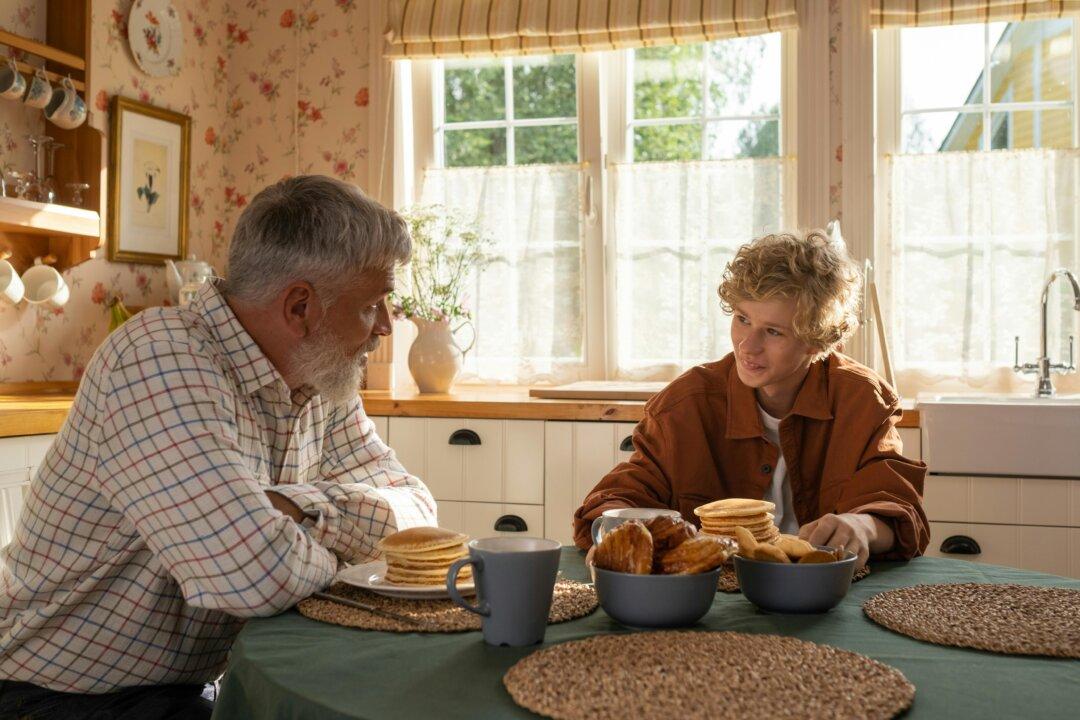I was born in the middle of the Depression. Two brothers preceded me, and I was followed by a sister. My two brothers were both born in hospitals, but my sister and I were born at home. I guess my folks couldn’t afford any more hospital bills. We lived on Whidbey Island, located in Puget Sound in Washington state. We lived in a remote location, so our upbringing was probably a lot different from children raised in an urban environment such as Seattle.
Our lifestyle was pretty much the same as our neighbors and friends, so our living conditions were not unique. Our formative years were shaped by the Great Depression, World War II, Truman, and Ike. Comparing our standard of living then with today’s, one would probably consider it to have been below the poverty level. We had what we needed and didn’t have to take welfare, even if it was available.



